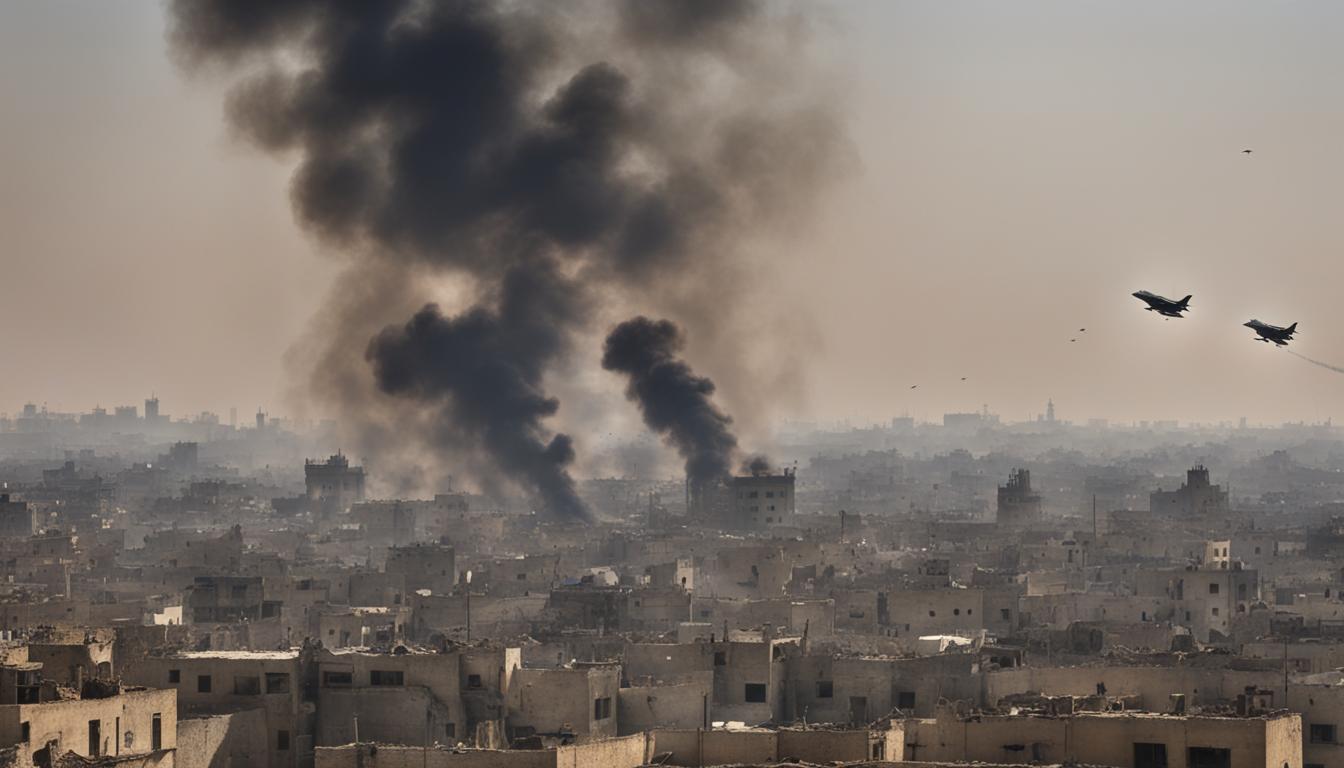Despite a proposed ceasefire brokered by Qatar and Egypt, Israel has escalated its military actions in Gaza by launching airstrikes and preparing for a possible ground invasion, risking significant humanitarian consequences.
On 6 May 2024, Israel intensified its military actions in Rafah, Gaza, by launching airstrikes on Hamas targets despite a proposed ceasefire brokered by Qatar and Egypt, which Hamas had accepted. These developments came amid warnings from international leaders and organizations about the potential humanitarian consequences. The Israeli Defense Forces (IDF) also issued evacuation orders to tens of thousands of Palestinians in Rafah, indicating plans for a possible ground invasion.
Israeli Prime Minister Benjamin Netanyahu has defended the offensive as crucial to eliminating Hamas, ignoring international pleas, including those from the Biden administration and the UN High Commissioner for Human Rights, all highlighting the risk to civilian lives and the potential breach of international norms.
Simultaneously, the US has demonstrated its apprehension regarding the escalation. President Joe Biden conveyed his opposition to a full-scale invasion of Rafah in discussions with Netanyahu, stressing the potential ramifications on the civilian population exceeding one million. The Biden administration has also put a temporary hold on an ammunition shipment to Israel, indicating a possible reevaluation of military support depending on the actions taken by Israel.
The international community, including President Erdogan of Turkey and state officials from France, has urged for the cessation of hostilities and stressed the importance of adhering to a ceasefire. Criticism towards Israel’s actions includes concerns over the displacement of thousands of Palestinians and the broader implications on Israel’s international relations.
The situation remains tense as diplomatic efforts continue, aiming to mitigate further violence and address the urgent humanitarian needs in Gaza.













